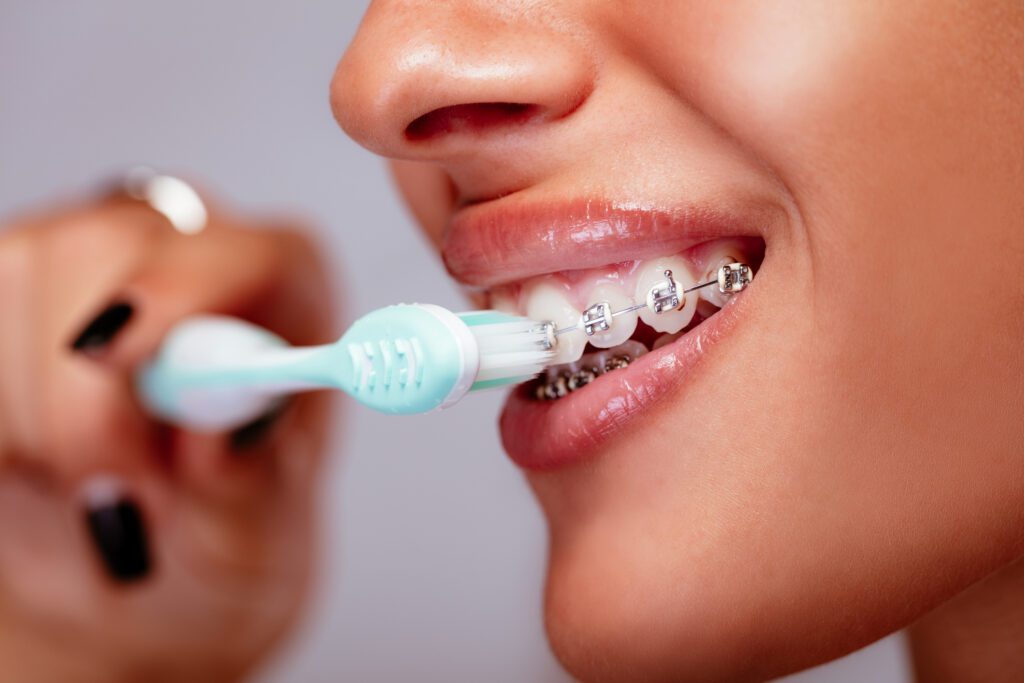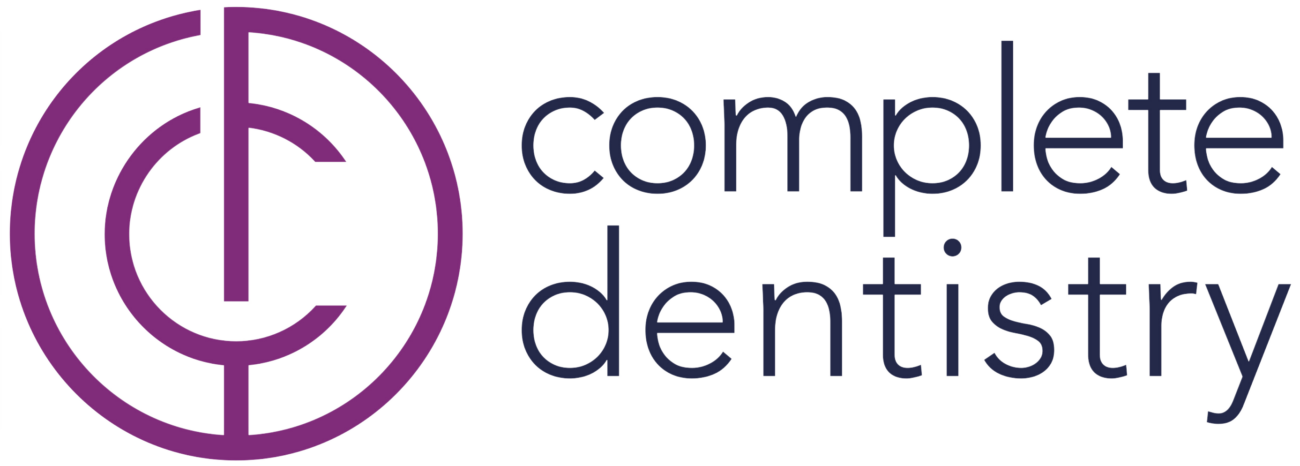If you think you’re in good oral health but are still experiencing dental problems, you may need to improve your oral hygiene routine. As your dentist office in Lexington, KY, we want you to know how to properly care for your smile when you aren’t in our office. A proper oral hygiene routine can help you maintain good oral health and prevent future dental problems down the road.

Oral Hygiene Tips from Your Dentist in Lexington, KY
One step of a good oral hygiene routine that patients often skip is flossing. Flossing is as important as brushing. Flossing before brushing can remove food debris and bacteria from between teeth and on the gums. There are many types of floss, from waxed and unwaxed thread floss to water flossers and dental tape. If you have dental restorations like dentures or mobility issues that make flossing difficult, a water flosser or threader may be right for you.
We also recommend brushing with fluoride toothpaste and avoiding toothpaste with abrasive ingredients that can potentially damage teeth. When choosing a brush, find one with soft bristles. Ensure you aren’t brushing too hard; brushing harder does not mean you’re getting a better clean. Aggressive brushing can lead to possible tooth wear or gum recession. When brushing with a manual brush, rotate the brush in a circular motion, beginning at the front of your teeth, and then moving to the chewing surfaces and behind each tooth arch. You do not need to rotate your brush if you have an electric toothbrush.
If you have traditional dental braces, it is important to thread floss through your wires to reach between your teeth. Alternatively, if you have clear aligners like Invisalign, you need to remove your aligners to brush and floss your teeth. Then, you need to clean your aligners separately. A mouthguard soak is one of the best methods of cleaning these aligners.
Dental Problems Connected to Poor Oral Hygiene
Patients with poor oral hygiene can face these problems:
- Bad Breath: Halitosis, or bad breath, can be chronic or transitory. Many people can get bad breath by eating garlic, onions, or other smelly foods. However, problems like dry mouth and poor oral hygiene can lead to chronic bad breath. Properly brushing and flossing can help patients achieve fresher breath and potentially combat dry mouth.
- Gum Disease: Periodontitis, or gum disease, is a bacterial infection. Gum disease starts as gum inflammation, or gingivitis, as harmful bacteria feed on food debris left on the gums and irritate the gum tissue. What can start as bleeding or irritated gums can eventually lead to gum recession and tooth loss. Flossing is one of the best ways to prevent gum disease and reverse early signs of gingivitis.
- Tooth Decay: If patients do not properly care for their smiles or do not brush or floss enough, they can develop tooth decay. Like gum disease, harmful bacteria can irritate and break down the smile, affecting the tooth enamel or outer layer of teeth. Over time, patients with tooth decay may experience pits or holes in their teeth called cavities. Ultimately, patients who do not care for their teeth and experience severe cavities and tooth damage may need their permanent teeth removed.
Do you need more tips to care for your smile? Call Complete Dentistry for All Ages today at 859-251-3809. You can also schedule your next dental visit on our website.
